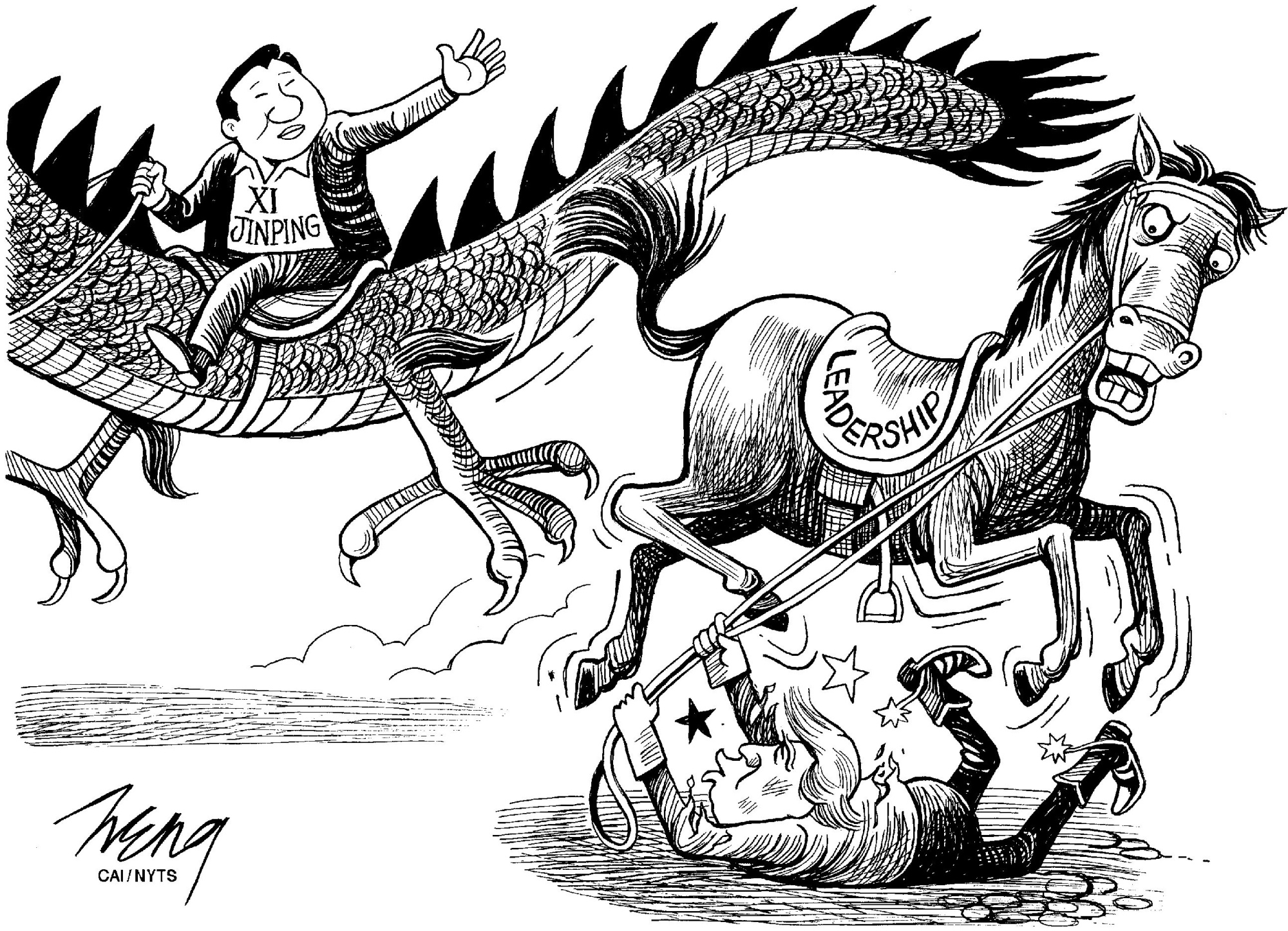The contrast between the disarray in the West, on open display at the NATO summit and at last month's Group of Seven meeting in Canada, and China's mounting international self-confidence is growing clearer by the day. Last month, the Chinese Communist Party concluded its Central Conference on Work Relating to Foreign Affairs, the second since Xi Jinping became China's undisputed ruler in 2012. These meetings are not everyday affairs. They are the clearest expression of how the leadership sees China's place in the world, but they tell the world much about China as well.
The last such conference, in 2014, marked the funeral of Deng Xiaoping's dictum of "hide your strength, bide your time, never take the lead," and heralded a new era of international activism. In part, this change reflected Xi's centralization of control, Chinese leaders' conclusion that American power is in relative decline and their view that China had become an indispensable global economic player.
Since 2014, China has expanded and consolidated its military position in the South China Sea. It took the idea of the New Silk Road and turned it into a multi-trillion-dollar trade, investment, infrastructure and wider geopolitical/geo-economic initiative, engaging 73 different countries across much of Eurasia, Africa and beyond. And China signed up most of the developed world to the first large-scale non-Bretton Woods multilateral development bank, the Asian Infrastructure Investment Bank.

















With your current subscription plan you can comment on stories. However, before writing your first comment, please create a display name in the Profile section of your subscriber account page.